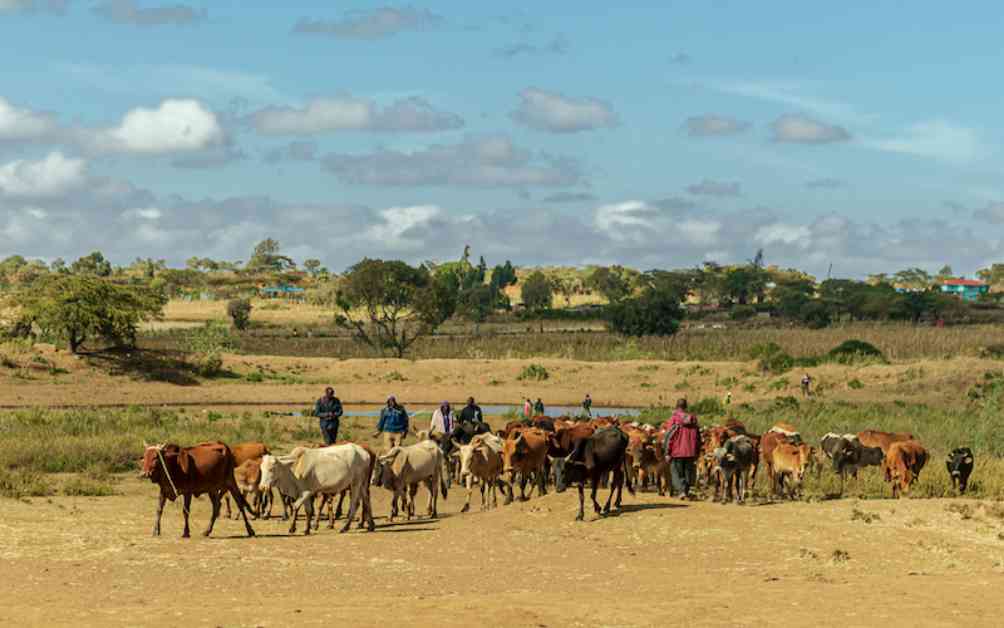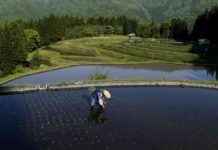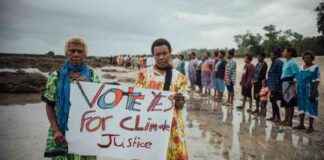Africa’s herders are facing unprecedented challenges as they strive to uphold their centuries-old way of life in an ever-changing world. With rising climate stress, conflict, and competition for land threatening their livelihoods, pastoralists find themselves at a critical juncture.
Struggling to Survive
The practice of pastoralism, involving an estimated 200-300 million livestock herders in Africa, plays a crucial role in providing 75% of the continent’s milk and half of its meat. Despite its significant economic contributions, pastoralism remains a marginalized sector with limited political influence. The traditional lifestyle of moving livestock across vast distances in search of favorable weather and grazing conditions is now under threat from a multitude of sources.
Conflict and Competition
Pastoralists are increasingly finding their way of life in conflict with public and private interests seeking to utilize the same lands for commercial farming, mining, urbanization, and conservation. This competition for resources has led to violent clashes, particularly in countries like Nigeria, Mali, and Burkina Faso, where ethnic, religious, and social tensions are exacerbating conflicts.
Climate Change Pressure
In addition to human-made threats, pastoralists are grappling with the impacts of climate change, including persistent droughts, intense rainfall, and extreme temperatures. These environmental challenges are further complicating the already precarious livelihoods of herders, leading to increased vulnerabilities and conflicts with settled farmers.
Seeking Solutions
Experts emphasize the importance of recognizing the resilience and adaptability of pastoralists in the face of these challenges. By providing secure land rights and support for sustainable land management practices, governments can help pastoralists weather the storm and continue their vital contributions to biodiversity, soil health, and emissions reduction.
As we navigate the complex web of factors affecting pastoralists, it becomes clear that a multifaceted approach is needed to address their needs effectively. By listening to the voices of herders, empowering them to participate in decision-making processes, and leveraging their expertise in sustainable land management, we can ensure a brighter future for Africa’s pastoral communities.
Adam Wentworth, a freelance writer based in Brighton, UK, shines a light on the enduring cultural identity of pastoralism amidst the challenges of droughts and government policies. Through his insightful exploration of the struggles faced by herders, Wentworth reminds us of the resilience and importance of these communities in shaping the landscape of Africa.














